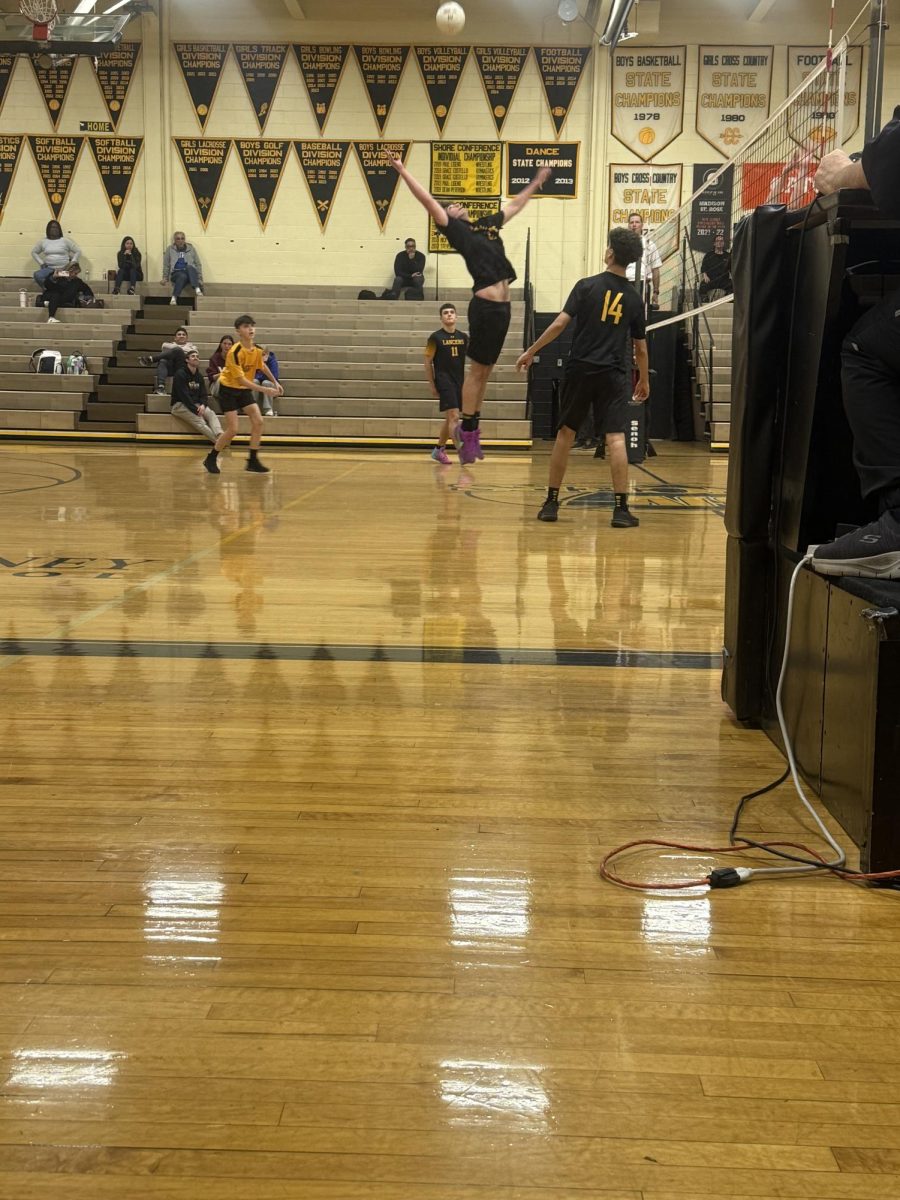Later School Start Times?

October 21, 2014
Starting school early is a drag, and many students know it. Waking up early to hop on the bus is difficult, particularly when half asleep. Countless schools in the country start school before 8 a.m. Imagine if that were to change. Many states are taking studies of certain aspects of this to see whether a later school start time is the right conclusion. In New Jersey, Senator Dick Codey accepted a bill to force the state Department of Education to study the advantages of delaying school start times.
In August the American Academy of Pediatrics conducted a survey on what sleep deprivation does to teenagers. At the time they told Asbury Park Press, “Studies show that adolescents who don’t get enough sleep often suffer physical and mental health problems, an increased risk of automobile accidents and a decline in academic performance.”
A poll by the National Sleep Foundation discovered that 59 percent of sixth through eighth graders and 87 percent of high school students in the U.S. were receiving less than 8.5 to 9.5 hours of sleep on school nights, the recommended amount of time for sleep. Lack of sleep from teens is triggered by homework, extracurricular activities, technology, and after-school jobs.
Forty percent of high schools in the U.S. have a start time before 8 a.m. and 15 percent start at 8:30 a.m. or later. The average start time for middle schools in the U.S. is 8 a.m. and 20 percent or more start at 7:45 a.m. or earlier. “The research is clear that adolescents in who get enough sleep have a reduced risk of being overweight or suffering depression, are less likely to be involved in automobile accidents, and have better grades, higher standardized test scores and an overall better quality of life,” Dr. Judith Owens, pediatrician at FAAP.
“The AAP is making a definitive and powerful statement about the importance of sleep to the health, safety, performance and well-being of our nation’s youth. By advocating for later school start times for middle and high school students, the AAP is both promoting the compelling scientific evidence that supports school start time delay as an important public health measure, and providing support and encouragement to those school districts around the country contemplating that change,” Dr. Owens stated.
It can be difficult for teens to go to bed before 11 p.m. and wake up early for school the next day. All of the studies that have been completed present that adolescents in the U.S. suffer a great lack of sleep. Whether school start times will officially change is unknown at the time.





